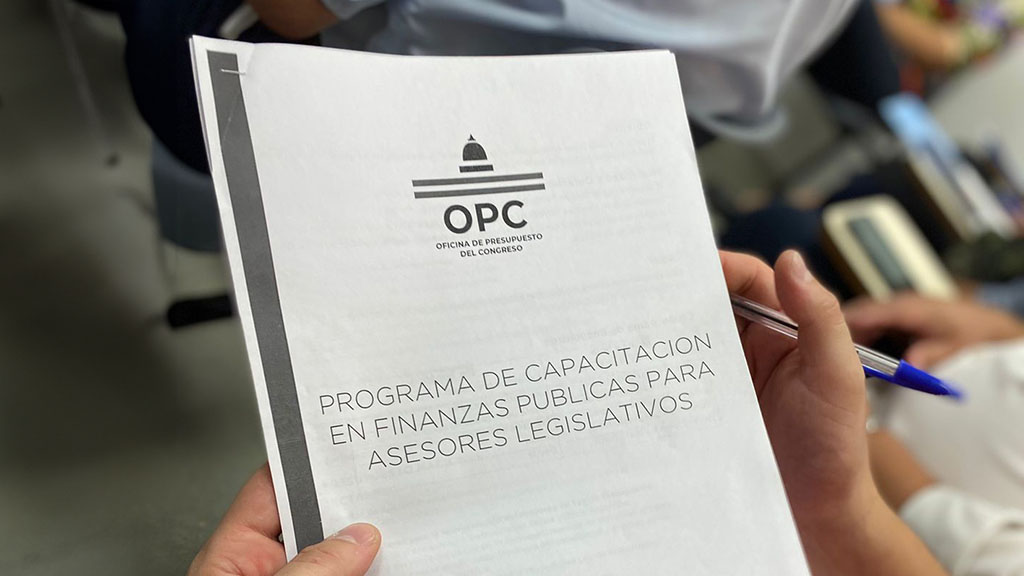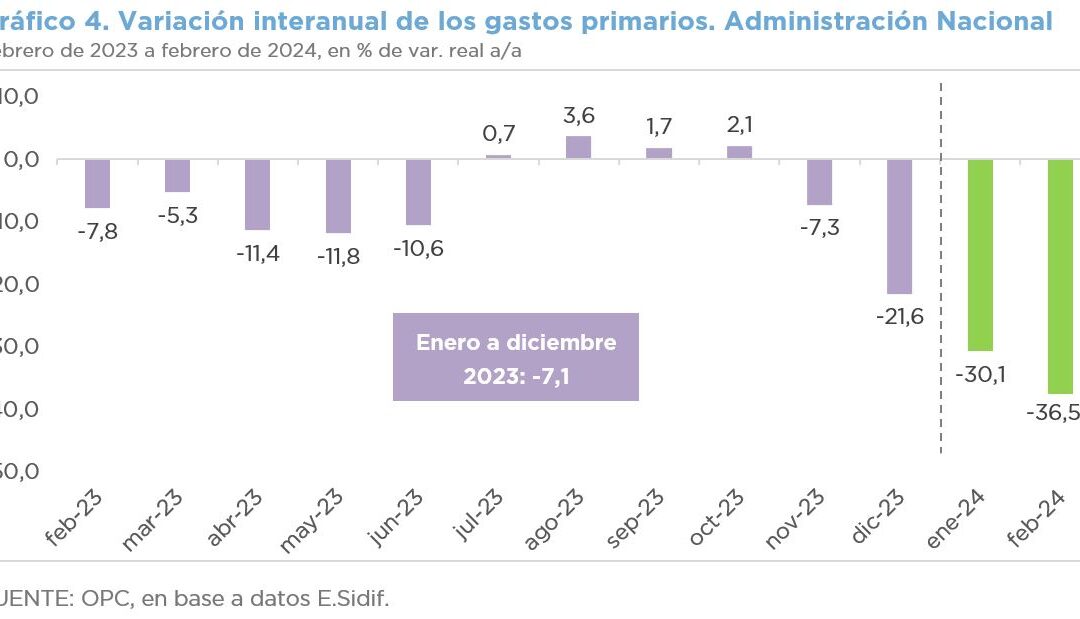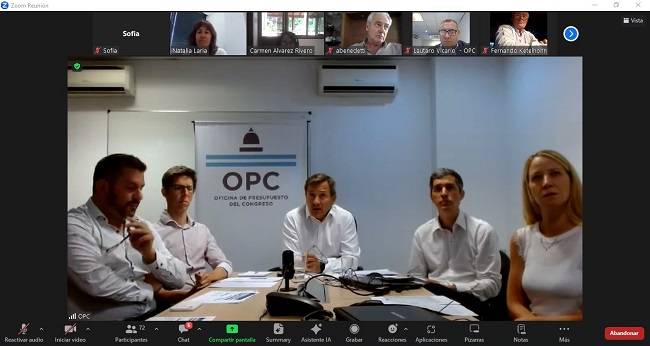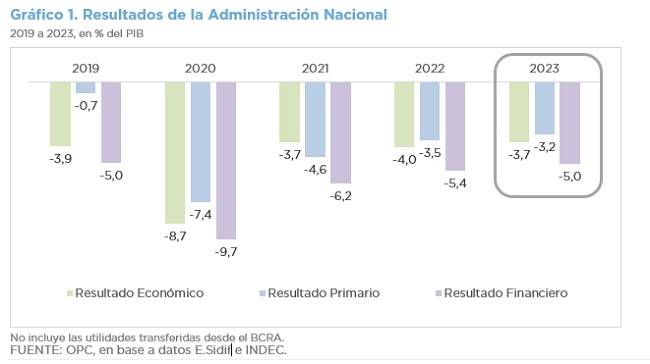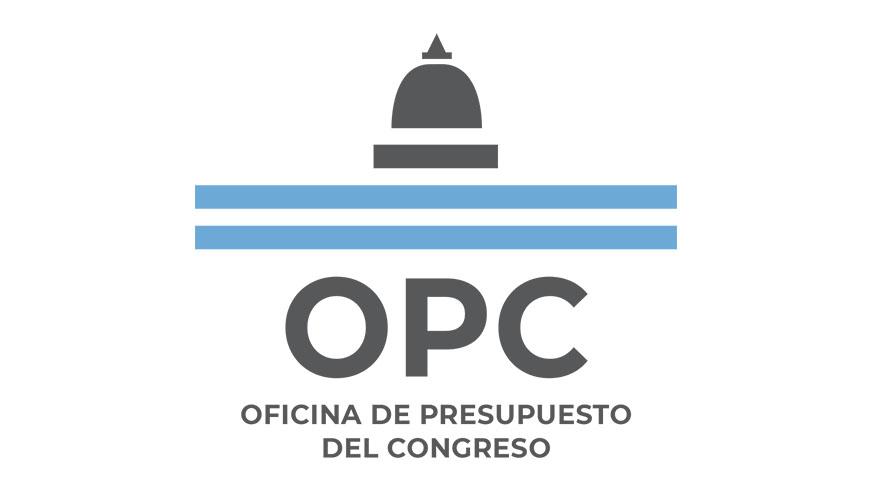
FISCAL IMPACT OF BILLS ON PENSION BENEFIT ADJUSTMENT – REPORT OF PROPUESTA REPUBLICANA (PRO)
This report complements the report published by the OPC on May 2, 2024, entitled “Fiscal impact of bills on pension benefit adjustment – Reports from the Committee on Social Security ”1 and includes the Report submitted by Propuesta Republicana (PRO).
For the purpose of estimating the fiscal impact of each Committee Report, a comparison is made between the pension benefit adjustment formula being proposed in each bill and the adjustment formula in force, approved by Decree of Necessity and Urgency (DNU) 274/24. Likewise, a comparison is made with the formula in force up to March of the current year, established by Law 27,609.
The analysis is based on the macroeconomic assumptions made by the Ministry of Economy for the fiscal year, considering that the new regulation would be applied as from May. The formula under Law 27,609, was applied from January to March, and the one provided for by DNU 274/24 was applied in April.
The formula provided for in the bill establishes an expenditure equivalent to 7.21% of GDP (including bonuses), which would imply 0.38 p.p. more than the formula under Law 27,609 and 0.07 p.p. more than with the formula of DNU 274/24. In addition, the bill requires the National Executive Branch to cover the fiscal cost associated with the measures provided by means of a reduction in tax expenditures, as established in Section 2 of Regulatory Decree 1,731/2004.

